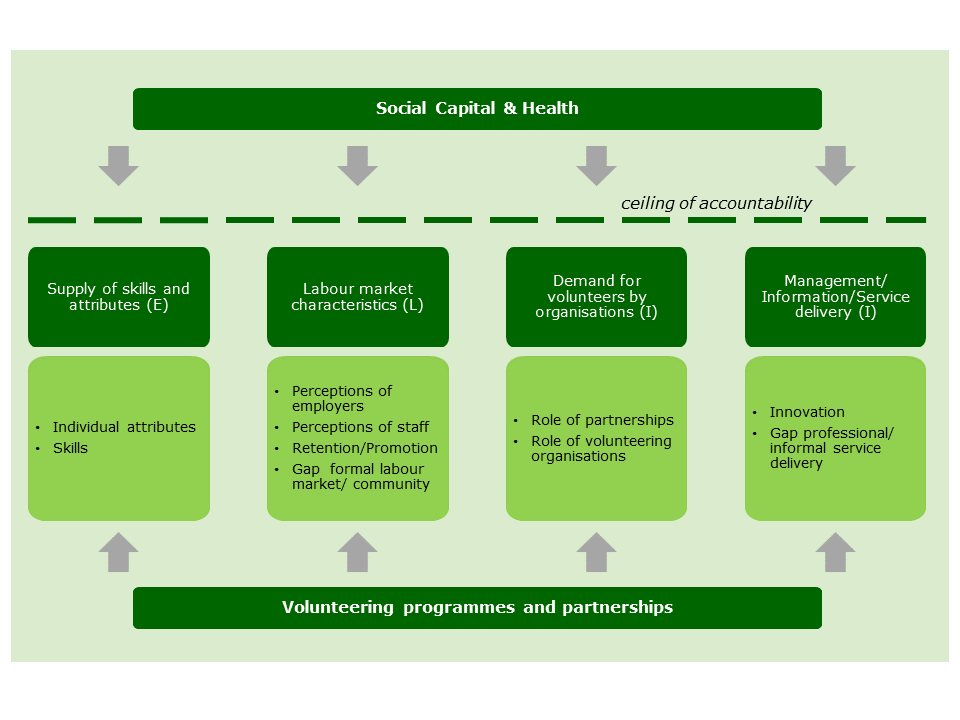Join OHE for an evening lecture with Professor Peter Smith on Tuesday 4 September 2018 at the Royal College of Physicians, London.
Join OHE for an evening lecture with Professor Peter Smith on Tuesday 4th September 2018 at the Royal College of Physicians, London.
The recent debate over funding has highlighted the difficulty of persuading sceptics that the NHS is a good use of public finance. The UK government’s decision to increase NHS England’s budget by £20bn in real terms by 2023 is widely regarded as not enough by think tanks, as well as by the National Audit Office and the Office for Budget Responsibility. Yet in the UK and elsewhere, there is a widely held view – particularly in finance ministries and some sections of the media – that health systems such as the NHS are ‘black holes’, constantly demanding increased funding without concomitant returns to society. The £20bn has met resistance, notably from the UK Treasury, which believes the NHS could be more efficient and that there will be little to see from the £20bn.
Professor Peter Smith will argue that an economic case can be made for investment in the NHS. But it is not straightforward and will involve changes in the way the NHS thinks about itself. He will test the validity of the scepticism about ‘black holes’, and offer a framework for a more informed debate about the contribution of the NHS to national wellbeing. He will examine the objectives of HM Treasury, and assess the extent to which increased NHS funding can promote such objectives. The presentation presents two broad categories of response that the Department of Health and Social Care might adopt in order to dispel some of the scepticism.
The first involves reframing how the benefits of the NHS are presented, in a way that underlines its broader contribution to society, beyond the traditional medical role. Perhaps the most obvious need in this respect is to develop better metrics of efficiency, to demonstrate that the NHS is making good use of public funds. However, there are many other broader contributions that could be better highlighted. For example, the NHS offers the population very strong protection from the financial risk caused by possibly catastrophic medical expenditure. Yet health policymakers have been very coy about articulating the nature and value of such protection.
The second and more challenging type of response is to reconsider some of the NHS priorities, so as to align its actions more closely with general social objectives. For example, increased attention to the major causes of disability amongst working age people – such as musculoskeletal disorders and mental illness – could make a major contribution to helping people stay in the workforce and improving national productivity. Likewise, attaching a higher priority to improving the health-related quality of life amongst older people might extend their working lives, enable them to make richer contributions to society after retirement, reduce their need for support from other social programmes such as social care, and reduce the informal burden of caregiving assumed by families and friends.
Professor Smith will argue that, in formulating its priorities, the NHS needs to think much more about these broader social consequences of its actions, which were central to the original Beveridge vision. It will assess the evidence base on which such policies could be based and discuss the extent to which the necessary actions might be feasible and effective.
Peter C. Smith is Professor of Global Health Economics at the University of York and Emeritus Professor of Health Policy at Imperial College Business School. He is a mathematics graduate from the University of Oxford, and started his academic career in the public health department at the University of Cambridge. He is a health economist with research interests that include the financing, efficiency and performance of health systems and the broader public services, with a particular interest in the link between evidence and policy. He worked at the University of York for 25 years including serving as Director of the Centre for Health Economics, before moving to Imperial College Business School, where he launched and co-directed the Centre for Health Policy in the Institute of Global Health Innovation.
With colleagues he has published widely on health economics and related topics, including over 150 refereed papers and 14 books as author or editor, including the Oxford Handbook of Health Economics.
Peter has acted in numerous UK governmental advisory capacities, and is currently chair of the NHS Advisory Committee on Resource Allocation. He was previously a board member of the Audit Commission and a member of the HM Treasury Expert Panel on Variations in Public Sector Performance. He has also advised many overseas governments and international agencies, including the World Health Organization, the International Monetary Fund, the World Bank, the Inter-American Development Bank, the Global Fund, the European Commission and the Organization for Economic Cooperation and Development.
The lecture will be held at 6 p.m. on Tuesday 4th September 2018 at the Royal College of Physicians, 11 St Andrews Place, Regent’s Park, London. Please note registration will be open from 5:30 p.m.



